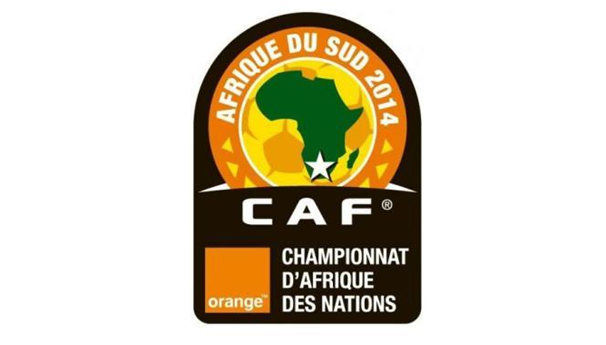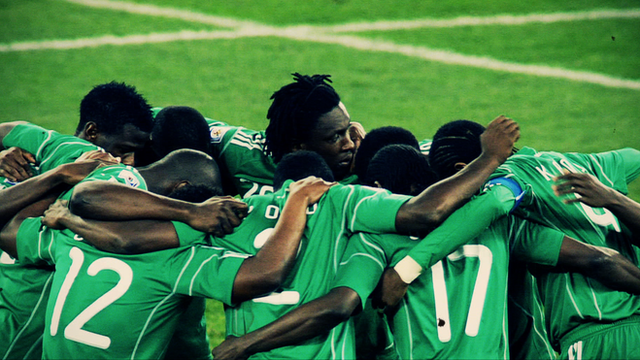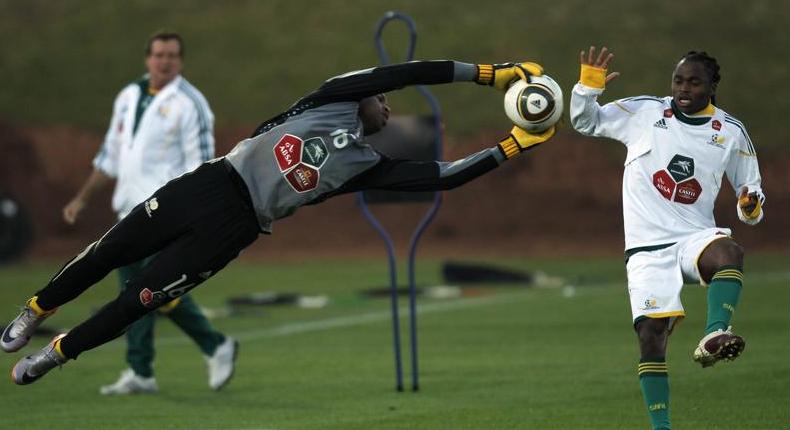Platform for Unsung Heroes – African Nations Championship
We are just a week into the new year and already the start of the first big football tournament is upon us. In a year which will feature Commonwealth Games, Asian Games among big global tournaments and the mother of them all – the World Cup, the first big tournament that ushers the year is hardly one to set pulses racing for the average viewer. It is the African Nations Championship or CHAN (not to be confused with the African Nations Cup which takes place a year before), which is starting on 11th January at Cape Town, South Africa with a match between South Africa and Mozambique.The most unsung continental tournament starts off the World Cup year. Debopam Roy takes a look
.
It is vital to distinguish between the two continental African championships here. The African Nations Cup (AFCON) is the privileged continental tournament. It started in 1957 and has been held every two years since 1968, the last of which was held in 2013 in South Africa which Nigeria won beating Burkina Faso by a single goal.
.
The African Nations Championship was announced by the Confederation of African Football (CAF) in September 2007 in a bid to popularise the game in a continent which was finally getting to organize its own World Cup. It was felt that, with the first African World Cup merely three years away, there was a need to promote the talent that was playing in the continent. In a concerted move to promote the national leagues of the continent, only players playing in their home country’s domestic league were deemed eligible for this tournament. So all the stars who were away in Europe or even in other African leagues could not be selected for this tournament. It was a novel move to ensure that the talented footballers who toil in the domestic leagues of the continent get their due, as these home-based players were cast aside in favour of the big names who were playing in foreign leagues when the AFCON or World Cup or any other tournament was played.
.
In 2007, while introducing the African Nations Championship, CAF president Issa Hayatou said: “We strive to give to the local African players the possibility to showcase their talents and abilities, but also to bring to a higher level the national championships in Africa, and to boost their importance”. The inaugural edition, held in Ivory Coast in 2009, was a success where eight teams qualified and in the final DR Congo comfortably won 2-0 against Ghana to record their first triumph in a continental competition since the 1974 African Nations Cup. The tournament sparked major interest and CAF decided to make the stage bigger by increasing the number of teams in the tournament to 16 from the next edition. “A lot of federations were hesitant when the tournament was planned (in 2007) but they have changed their minds and now want to play in it. The standard of play since this edition started last week has positively surprised many people about the standard of the leagues in Africa”, CAF director of communications Suleiman Habuba said just few days after the start of first edition.
.
The second edition was held in February 2011 in Sudan. It was an emotional moment for the host nation as the independence referendum having been passed just a month back, made the separation of South Sudan inevitable. Buoyed by a patriotic fervour, Sudan reached the semi-finals but were ousted in a penalty shootout to Angola. They subsequently defeated Algeria to claim the third spot. In the final, Tunisia denied Angola their maiden tournament win by beating them 3-0.
The upcoming tournament will be the third edition of the ANC and originally it was slated to be hosted by another of the lesser lights of African football – Libya. Libya gave up the right to host the event because of the continuing upheaval in the country and South Africa was chosen instead. Libya will instead organise the 2017 tournament, which had been due to take place in South Africa.
.
41 teams had taken part in the continental qualification process which finally culminated in 16 teams that have been divided into four groups.
.
Groups
Group A: South Africa, Mozambique, Nigeria, Mali.
Group B: Zimbabwe, Uganda, Burkina Faso, Morocco.
Group C: Ghana, Libya, Ethiopia, Congo.
Group D: DR Congo, Gabon, Burundi, Mauritania.
.
Reigning AFCON champions Nigeria are probably the hands-on favourites to win the tournament. But there was a moment when it seemed that the Super Eagles were set to give the competition a miss. In early 2013, the Nigeria Football Federation (NFF) withdrew its team from the 2014 African Nations Championship qualifiers due to financial constraints. A month later, NFF changed its tune completely and agreed to participate in the qualifiers. They defeated Ivory Coast in a two-legged playoff to reach the main draw. Having won the AFCON only a year earlier in the same country, Nigeria would like to pull off a unique double of winning both the continental tournaments back-to-back.
.
There are quite a few players who would like to show their skills in this tournament and coming in the month of January, has an added bonus of getting into the eye of an enthusiastic scout from any of the European leagues who are looking for cheap winter reinforcements. The likes of Itumeleng Khune, Siphiwe Tshabalala and Bernard Parker from South Africa, Ifeanyi Edeh and Rabiu Ali of Nigeria, Kennedy Boateng and Jordan Opoku of Ghana, Mouhsine Moutouali and MouhssineLajour of Morocco, Cheick Doumbia of Mali have all shone in continental African club and country championships before. With a bit of luck, a spectacular performance could well pave the way for a contract to Europe or even more – a chance in the squad for the world cup.
The African Nations Championship is low-key and without much kerfuffle but it showcases the hidden talents of Africa. It might be a tournament without much fanfare but provides the platform for the stars of tomorrow to come forth. The restriction of fielding players playing in local leagues is unique and success of this tournament will help the African countries to build up a bench strength which may yet lead them to a maiden world cup win in near future. So to gauge the pulse of African future, keep an eye on the African Nations Championship.




